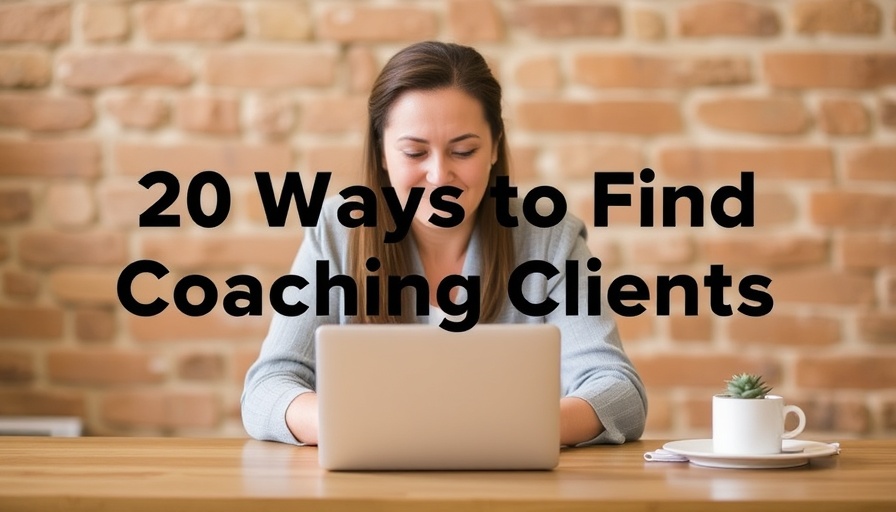
Understanding the Importance of Self-Care
In today's fast-paced world, the pressure to meet external expectations can weigh heavily on anyone. For educators, balancing the needs of students, colleagues, and personal responsibilities often leads to neglecting one's own well-being. It’s essential to recognize that prioritizing self-care is not a luxury, but a necessity. Taking breaks is crucial in maintaining both mental and physical health.
Strategies to Create Personal Time
Amid the hustle and bustle, it's vital to carve out time specifically for oneself. This might look different for everyone, depending on personal habits and lifestyles. For instance, planning a vacation can provide a much-needed escape, while smaller gestures like enjoying a quiet evening with a book can also be beneficial. According to studies, preparing for fun activities can enhance one’s overall outlook and energy levels, allowing educators to tackle challenges with renewed vigor.
The Science Behind Taking Breaks
Research consistently supports the idea that breaks are integral to sustained productivity. A study published in the journal Psychological Science emphasizes that short, regular breaks can lead to higher levels of creativity and efficiency. Thus, not only do breaks provide mental relief, but they also foster a more engaging and productive work environment. When educators infuse spontaneity in their schedules, it can lead not only to personal rejuvenation but also enhance the overall learning atmosphere in classrooms.
Setting Boundaries for Well-Being
Creating boundaries is one of the first steps towards reclaiming personal time. This involves being assertive about one’s limits and learning to say “no” when necessary. Setting these boundaries helps prevent burnout, allowing educators to operate at their best. Engaging in self-reflection can also help in understanding which aspects of work are most draining and which activities bring joy and satisfaction.
Practical Tips for Spontaneity and Balance
Here are a few practical tips for educators looking to implement positive change:
- Allocate Specific Time Slots: Designate certain hours in the week strictly for personal activities. Treat these like appointments that cannot be canceled.
- Embrace the Unexpected: Leave room for unplanned activities during weekends, such as visiting a local gallery or exploring a park.
- Incorporate Mini-Breaks: Allow yourself short breaks throughout the day – even a five-minute walk can do wonders.
The Role of Community in Self-Care
Community involvement not only enriches personal lives but can also serve as an excellent form of self-care. Joining a local book club or taking part in community events not only helps teachers develop connections outside of work but also initiates a sense of belonging and support. Such engagement can lead to deeper personal fulfillment and a better balance between professional and personal life.
The Emotional Connection to Self-Care
It’s crucial for educators, predominantly female, ages 35-60, to recognize their emotional needs along with practical ones. Self-care does not just reward the individual but creates a ripple effect, impacting those around them—students, colleagues, and family members. When educators feel cared for, they impart more compassion and enthusiasm into their roles.
Take Action: Make Time for Yourself
Feeling overwhelmed by life's demands? It’s time to take a step back and reassess your priorities. Consider exploring various opportunities that allow you to invest in your well-being, such as joining a workshop focused on self-care strategies. You can opt for our VIP day offerings, a personal journey to refine your aspirations with guidance. Remember, taking time for yourself is investing in your own balance, and ultimately, you are worth it.
 Add Row
Add Row  Add
Add 




 Add Row
Add Row  Add
Add 

Write A Comment